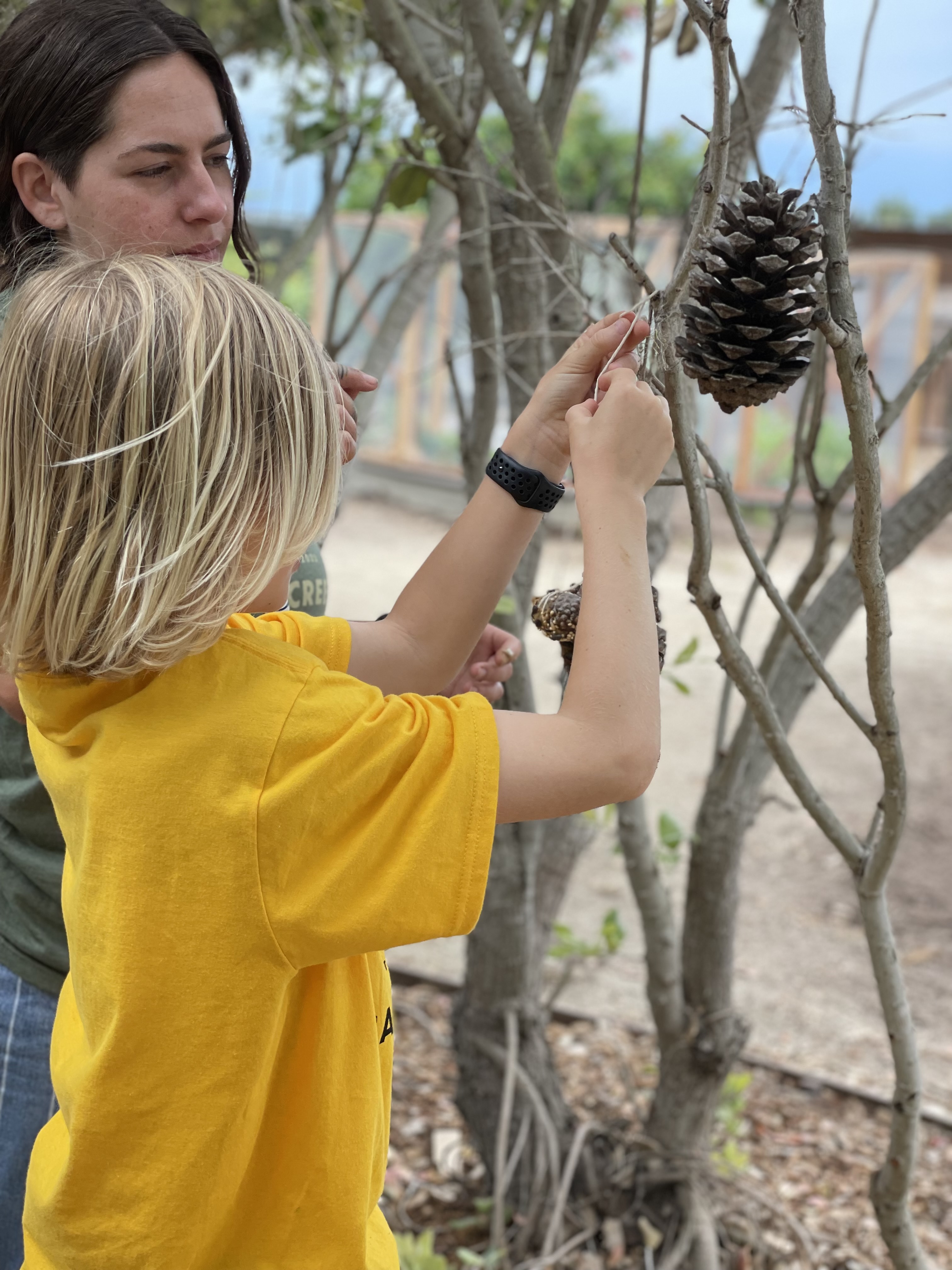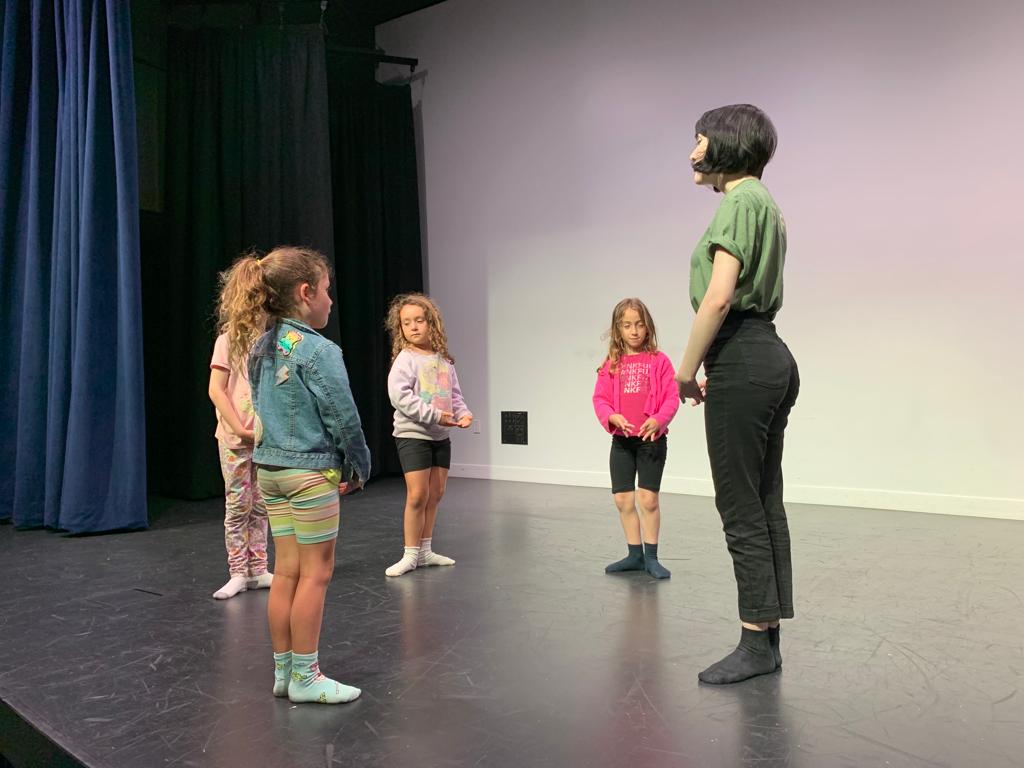For several years, it has been the vision of our school, San Diego Jewish Academy, to have our own summer camp. Our goals were to further engage our Jewish community through the ruach of Jewish summer camp and to generate much needed non-tuition revenue during a time when our 56-acre campus is generally underutilized. This past summer, that vision was realized with the launch of Camp Carmel Creek.
- Home
- HaYidion: The Prizmah Journal
- The Camp-to-School Pipeline
The Camp-to-School Pipeline

The program opened with 125 campers, a staff of 22, and a program designed to provide campers with a specialized experience in areas such as arts, sci-tech, athletics and nature. From the standpoint of the camp operation, our first summer was a big success; campers were engaged, parents were happy, and our staff felt supported and appreciated. In building the camp, we had initially thought that our school would be a feeder for campers, which it is.
We also anticipated our school being a feeder for camp staff, as is widespread. In the end, the opposite happened. Through our recruitment of camp staff, we were able to identify talented young professionals in the onset of their careers, with precisely the skills we were looking for in young teachers and teacher assistants. With the pipeline for teachers being at an all-time low, this connection to summer camp is a blessing for our school in so many ways.
Camps as Feeders for Jewish Organizations
The Foundation for Jewish Camp has been at the forefront of research and data on why Jewish summer camps work. Through programs like The Character at Camp Initiative, the Foundation seeks “to understand how Jewish camps develop exceptional human beings with high levels of character and prepare them to go into the world and make it a better place.” But in speaking with Rabbi Avi Orlow, vice president of innovation and education, he shared that while there is a lot of research on the benefits of going to and working at Jewish summer camps, very little research exists on the benefits to day schools of hiring camp staff as teachers: “The door doesn’t really swing the other way.”
FJC has a current 21-month fellowship program for young camp staff to work directly with the Foundation, and in the majority of the cases, these individuals continue on in the Jewish world. Future iterations of this fellowship will seek to place fellows in other Jewish organizations in addition to work with the Foundation. As Orlow observes, “Camps have an abundance of wealth in amazing young staff who just want to stay at camp as long as they can, so placing them in jobs during the year as value-add is a win-win.”
Observing Counselors as Educators
In the landscape of a nationwide teacher shortage, forging a strong connection between camp and school has been a unique opportunity for us to recruit and retain high-quality educators—both those who came to the profession through traditional pathways and those who have a passion for working with children but do not yet have formal teacher preparation training. Our camp-to-classroom pipeline has improved hiring outcomes and morale, and attracted new and unique talents to our faculty.

Having our camp on our campus through the summer also provided our day school leadership with a window into their skills and abilities that far outweigh what can be viewed on a resume or in an interview. When reading resumes and hiring, our team often talks about the “teacher magic,” the non-quantifiable qualities that make a great teacher that are so challenging to assess from a resume and educational background alone. Positive rapport and the ability to connect with students beyond solely their academics is a keystone of the Jewish day school experience and the teacher quality that most directly correlates with long-term success at our school.
Camp is not only a means to observe potential candidates with children in a more authentic context than an individual model lesson, but also a way to naturally attract individuals who have the capacity to develop meaningful relationships with children. Camp is all about relationships, camp is about growth beyond the classroom, camp is about experiential learning in an environment that encourages experimentation. Camp is like one big sandbox to play in all summer long, as true for staff as for campers.
Onboarding New Teachers
A key piece of the success of our camp-to-classroom pipeline has been a purposeful system of new teacher induction and ongoing professional development for newly onboarded school staff. While camp brings its own unique and valuable set of skills, classroom teaching and our academic program demand different sets of specific knowledge and competencies. Luckily, unlike the “classroom magic,” which is very challenging to coach when missing, curricular, content-specific and even classroom management skills are highly teachable.
Our formal new teacher program supports educators in their first three years on our campus. This model provides site orientation and resource assistance, fosters instructional development through ongoing coaching and peer observation, and promotes the personal and professional wellbeing of teachers during what can otherwise be a stressful transition period in their careers. For young professionals who join our faculty with the ruach of camp but without formal educator training, we offer additional pathways to expand their classroom experience in a supportive and reflective environment.
This year, several camp employees joined our faculty as assistant or associate teachers while pursuing state credentialing. Through their educational journey, they were supported both formally and informally by mentor teachers and colleagues. We expect that the time and care spent supporting these very early career teachers will pay dividends, as these professionals choose to stay and become long-term members of our faculty after completing their teaching degrees.
Expanding the Student-to-Teacher Pipeline
Beyond the young professionals we hired to work at camp, there were several high school juniors, seniors and recent graduates of the academy who felt an obligation to give back to the school community through camp. Their young spirit and energy was an important factor in our camp’s success, as it is for all camps; more importantly, we were able to forge cross-school connections that we had never been able to really explore before. It’s been wonderful watching little kindergartners and first graders see their camp counselors and run over to give them hugs, or having young campers attend a high school basketball game just to cheer on their counselors in the game. The biggest benefit is that we’ve created a job pathway for our young high school students, for many of whom this is their first real work experience. We’re preparing them in so many more ways than we ever have before.
Our journey in establishing a Jewish summer camp on our campus led us to an unexpected yet valuable discovery: At a time when the teacher pipeline is dwindling, our recruitment efforts for camp staff unearthed a pool of exceptionally skilled young professionals, possessing precisely the qualities we seek in budding educators. As our camp grows, we expect the pool to continue to grow as well, the benefits of which we are only just beginning to see.





